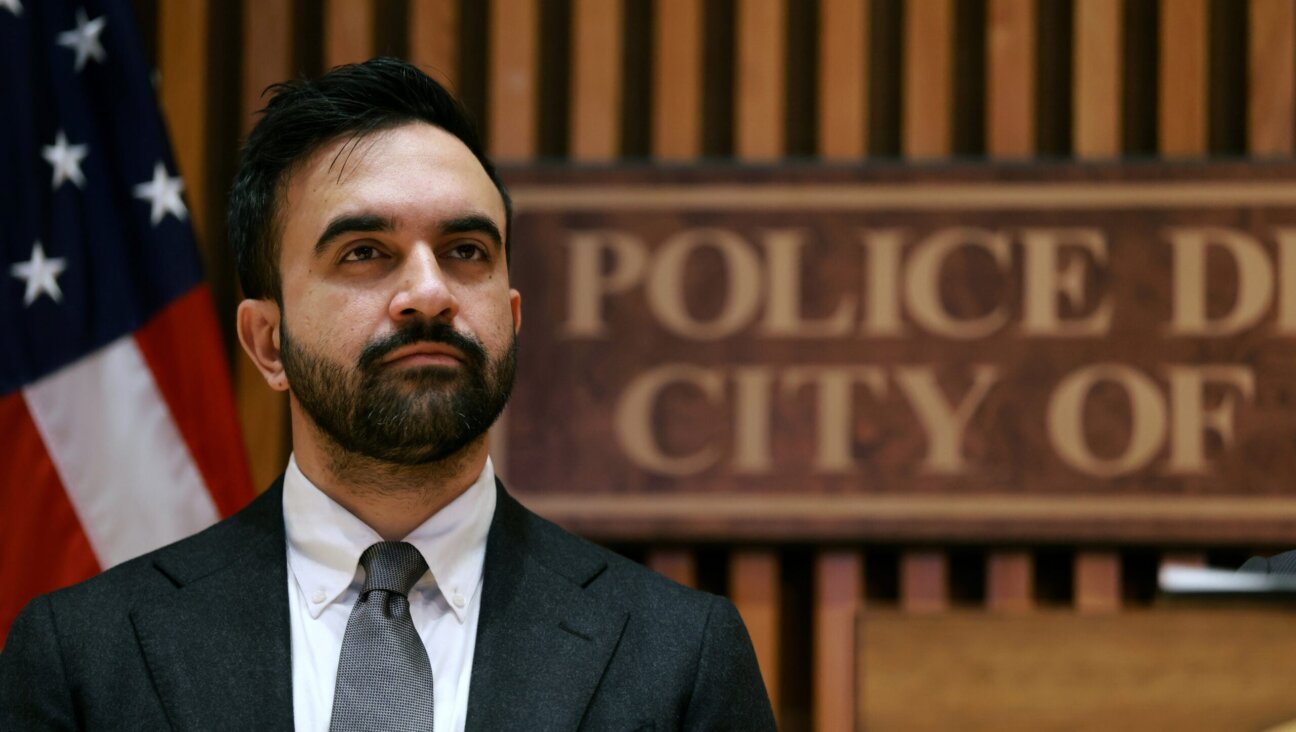Amid #MeToo Wave, A Rabbi Seeks To Atone For His Wrongs

Graphic by Angelie Zaslavsky
(JTA) — Thousands of women have posted experiences about sexual harassment using the #metoo hashtag.
The #metoo posts have also prompted responses from men who acknowledge the enormity of the problem of sexual abuse, and are promising to do more to stop it.
Rabbi Andrew Shapiro Katz, who lives in the Israeli city of Beersheva, wrote a Facebook post meant to be a personal confession in the style of a Jewish prayer, declaring the ways in which he has wronged women:
I have objectified. I have disrespected. I have taken advantage. I have harassed. I have violated.
I have sought sexual gratification/conquest with little to no regard for the feelings of the other.
I have touched without certainty of consent.
I have pursued in ways that caused discomfort and possibly fear.
I have uncovered what someone wanted covered.
I have looked when someone expected privacy.
Much of it was as a boy, but not all.
Maybe most of the women do not remember, but assuredly some do.
Maybe what I did was so run-of-the-mill that it isn’t what any of the women posting “MeToo” are referring to.
But so what.
I know the culture and I was a participant in it, even as I came to fight against its more egregious manifestations.
I am not shocked by what other men do because I remember my own actions and thoughts and I can extrapolate.
I feel guilt and shame. I feel pain for pain I caused, or that I minimized or ignored.
But I also feel, and know, that I am responsible. I can do better. I can do more.
The post mimics the “Ashamnu” confessional prayer recited on the day of Yom Kippur — a Hebrew acrostic listing the ways people collectively have sinned. It begins, “We have trespassed. We have betrayed. We have stolen.”
Katz ends his version of the prayer by taking responsibility for the pain he’s caused and pledging to take action to prevent abuse in the future.















